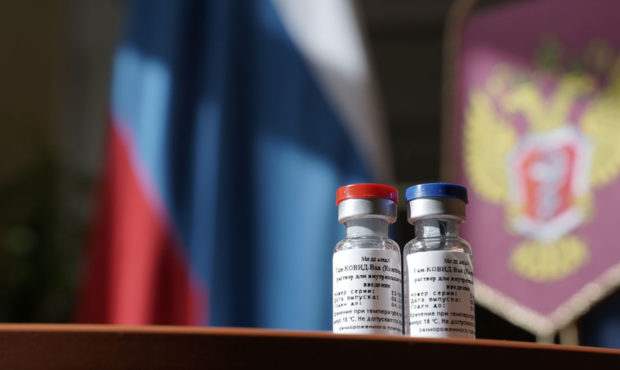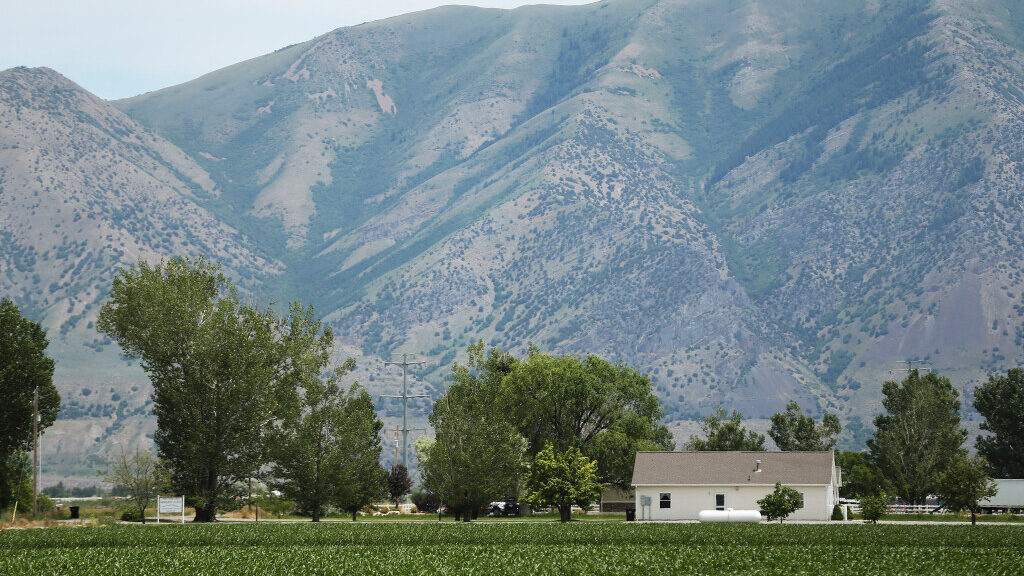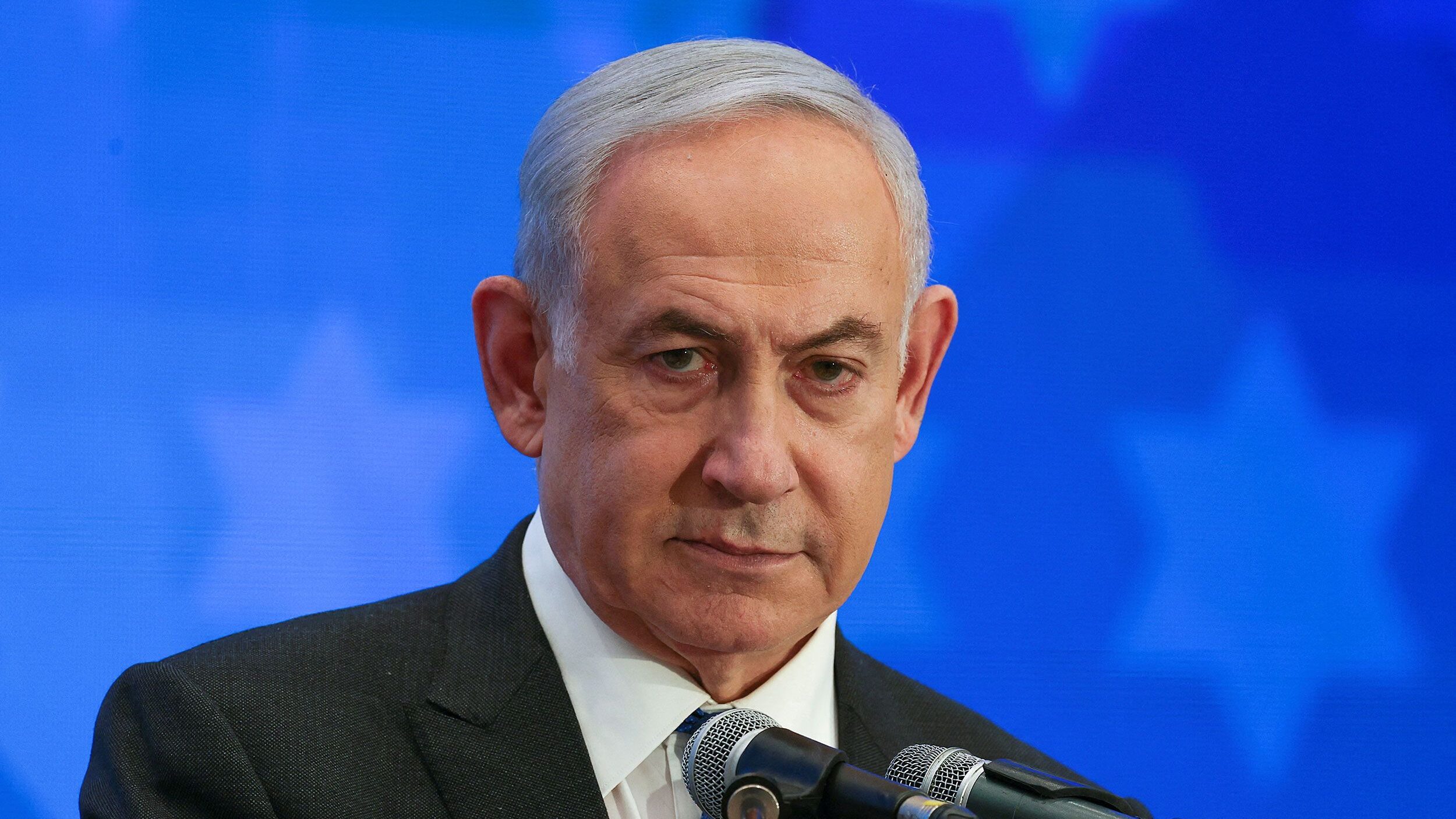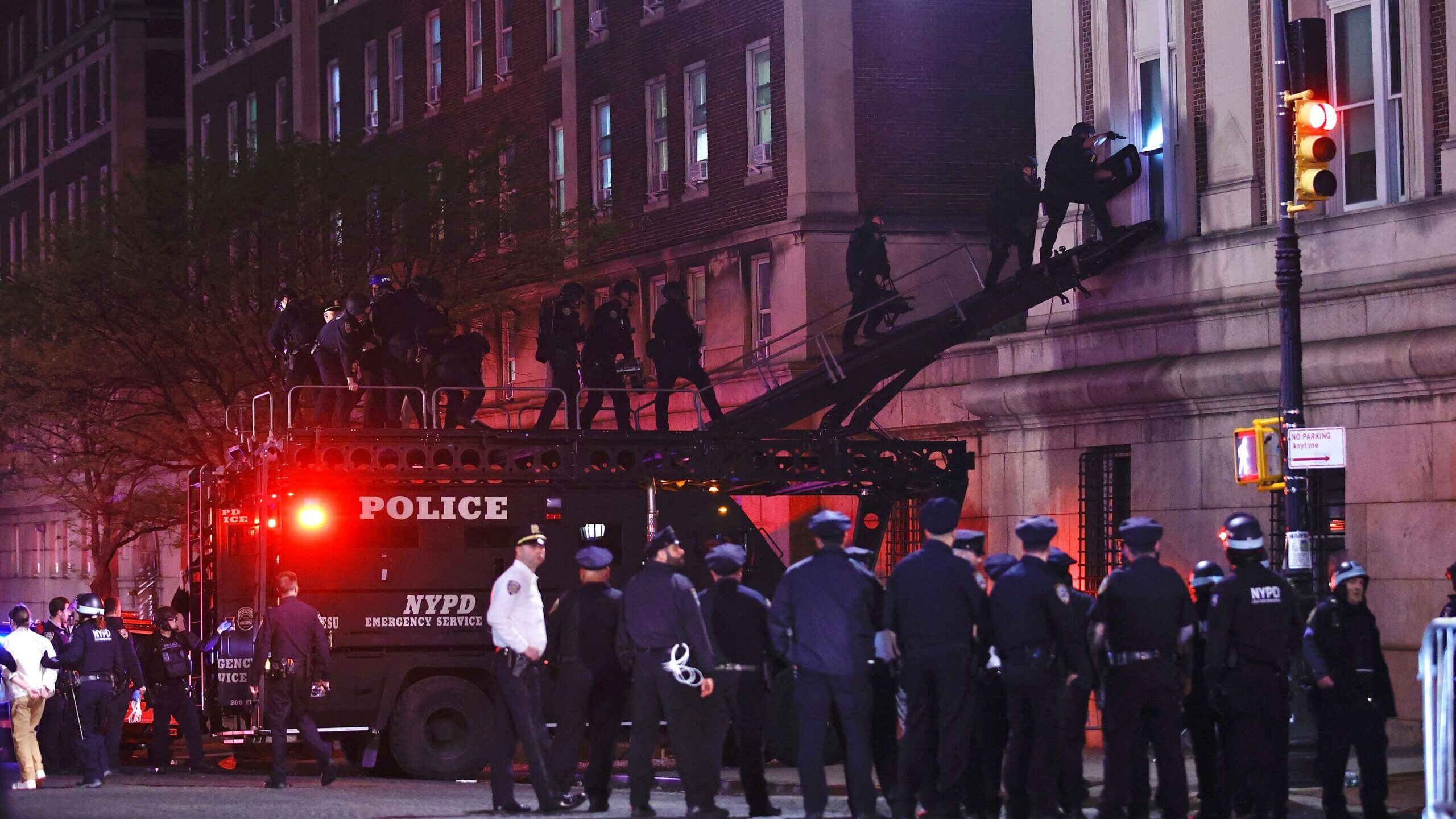What we know — and don’t know — about Russia’s ‘Sputnik V’ vaccine
Aug 12, 2020, 5:30 AM

Editorial use only. HANDOUT /NO SALES Mandatory Credit: Photo by MINZDRAV/HANDOUT/EPA-EFE/Shutterstock (10740887e) A handout photo released by Russian Healthcare ministry (Minzdrav) shows containers with a newly registered vaccine against coronavirus by Russian Scientific and Research Center of Epidemiology and Microbiology, named after Gamaleya, in Moscow, Russia, 11 August 2020. Certification of the vaccine opens the third massive stage of its testing. The first category of people who wil receive the vaccine will be teachers and doctors. Russia, first registered vaccine against coronavirus, Moscow, Russian Federation - 11 Aug 2020
(Minzdrav)
(CNN) — Russia raised eyebrows on Tuesday when it announced the world’s first approved coronavirus vaccine for public use.
President Vladimir Putin says his own daughter has already received it, but testing is yet to be completed and experts are skeptical about how quickly the vaccine has been registered.
While details about the research behind the vaccine are limited, here’s what we know so far.
What do we know about the Russian vaccine?
The vaccine was developed by the Moscow-based Gamaleya Institute, using funding from the Russian Direct Investment Fund (RDIF). The vaccine is named Sputnik V — a reference to the 1957 Soviet Union satellite.
Scientists conducted months of human trials but are yet to publish data and did not begin the crucial Phase 3 stage, which usually precedes approval, before the announcement on Tuesday.
On Wednesday it was announced that a Phase 3 trial involving more than 2,000 people in Russia and several Middle Eastern and Latin American countries had begun. Typically this stage of trial involves testing on tens of thousands of people.
Dr. Scott Gottlieb, former commissioner of the US Food and Drug Administration (FDA), said Tuesday that the number of people the vaccine had been tested on so far was the equivalent of a Phase 1 trial, which typically involves a small group and studies the safety of the vaccine.
Is the Russian vaccine safe?
The short answer is that we don’t know. Russia has released no scientific data on its vaccine testing and CNN is unable to verify claims about its safety or effectiveness. But Russia says the vaccine has passed through Phase 1 and Phase 2 trials which were completed on August 1.
A Phase 1 study typically focuses on whether a vaccine is safe and whether it elicits an immune response in a small number of people.
“We do not have any information whatsoever on whether this is safe,” Keith Neal, Emeritus Professor of the Epidemiology of Infectious Diseases, University of Nottingham, told CNN.
Russia claims that volunteers in the Phase 1 and 2 trials felt well after taking the vaccine, and exhibited no unforeseen or unwanted side effects.
Neal said that researchers were unlikely to have detected any rare side effects linked to the Gamaleya vaccine.
“You won’t know about side effects without [widespread] testing, if they’re rare. That’s the point of a Phase 3 study,” he said.
“I wouldn’t take it, certainly not outside of a clinical trial right now,” Gottlieb told CNN Tuesday.
Is the vaccine effective?
Without data and completed Phase 3 trials, Russia has not proven to the world Sputnik V works.
“I would think that it at least produces antibodies. What we don’t know is if it protects people against infection,” Neal told CNN.
Russia has said that its vaccine is an adenoviral vector one. Adenoviruses cause the common cold, but in Covid-19 vaccines they’re weakened and modified to deliver genetic material that codes for a protein from the novel coronavirus.
The body then produces that protein and may produce an immune response against it but the method can cause problems.
Sputnik V’s makers say the vaccine induced a “strong antibody and cellular immune response,” in trial volunteers, according to the official website for the vaccine.
“Not a single participant of the current clinical trials got infected with Covid-19 after being administered with the vaccine,” the statement adds.
“It’s not clear how efficacious the Russian vaccine is going to be and whether or not people have some prior immunity to the adenovirus that they’re using to deliver the coronavirus gene sequence,” Gottlieb told CNN Tuesday.
Dr. Anthony Fauci, director of the National Institute of Allergy and Infectious Diseases, expressed similar concerns.
“I hope that the Russians have actually, definitively proven that the vaccine is safe and effective. I seriously doubt that they’ve done that,” Fauci told Deborah Roberts of ABC News for a National Geographic event to broadcast Thursday. A portion of the interview was posted by National Geographic on Tuesday.
How did Russia pull this off so quickly?
In April, Russia enacted a law which eliminated the need for a Phase 3 vaccine trial before approval.
Approval now means the coronavirus vaccine can be distributed even as Phase 3 tests get underway — though practically speaking, mass-manufactured doses aren’t expected to be ready for weeks.
“They’re not as far ahead as other vaccines,” Neal said, noting that Moderna and Oxford’s vaccines have already begun Phase 3 trials.
Critics say Russia’s haste is partly due to political pressure from the Kremlin, which is keen to portray the country as a global scientific force.
Russia is not alone when it comes to fast tracking — China approved an experimental coronavirus vaccine in June for members of its military.
And while its vaccine data from Phase 1 and 2 trials are yet to be published, US, UK and Canadian security officials warned in July that Russian cyber actors were targeting organizations involved in coronavirus vaccine development.
Who will get it first?
Russia’s Health Ministry has said the country’s frontline medical staff and teachers will be the first vaccinated.
The country plans to begin mass vaccination of citizens in October, Kirill Dmitriev, CEO of the RDIF told CNN on Tuesday.
“We will start massive vaccination of Russians in October. This vaccine will be available to other countries around November,” Dmitriev told CNN’s Anderson Cooper and Dr. Sanjay Gupta.
At the end of July officials denied reports that members of the country’s political and business elite — including Putin — had been given early access to the vaccine.
Russia plans to mass produce the vaccine by September 2020.
Which countries will take the vaccine? And which won’t?
A lot of countries appear keen to try Sputnik V. Dmitriev said at a Tuesday press conference that Russia had “received preliminary applications for over 1 billion doses of the vaccine from 20 countries.”
“Countries in Latin America, the Middle East and Asia have displayed the greatest interest in the vaccine, and we are about to finalize a number of contracts for the purchase of the vaccine,” he added.
Philippines President Rodrigo Duterte has publicly expressed his enthusiasm for the vaccine and claimed that he is willing to volunteer in further trials.
“I will volunteer to receive it in public. I will be the first to be experimented on,” Duterte said during his address to the Philippines late Monday broadcast by state-run RTVM.
As it stands, the Russian vaccine is unlikely to be meet approval regulations for European Union countries and in the US, will need the FDA’s approval.
“The US Food and Drug Administration (FDA) and the European Medicines Agency (EMA) have fast-track approval procedures for emergency humanitarian use and we need to see evidence that Russia is adopting an equally prudent approach,” said Duncan Matthews, Professor of IP Law at Queen Mary University of London, in a statement to the Science Media Center.
“The point is not to be first with a vaccine. The point is to have a vaccine that is safe and effective for the American people and the people of the world,” US Health and Human Services Secretary Alex Azar said on ABC Tuesday.
The-CNN-Wire
™ & © 2020 Cable News Network, Inc., a WarnerMedia Company. All rights reserved.













